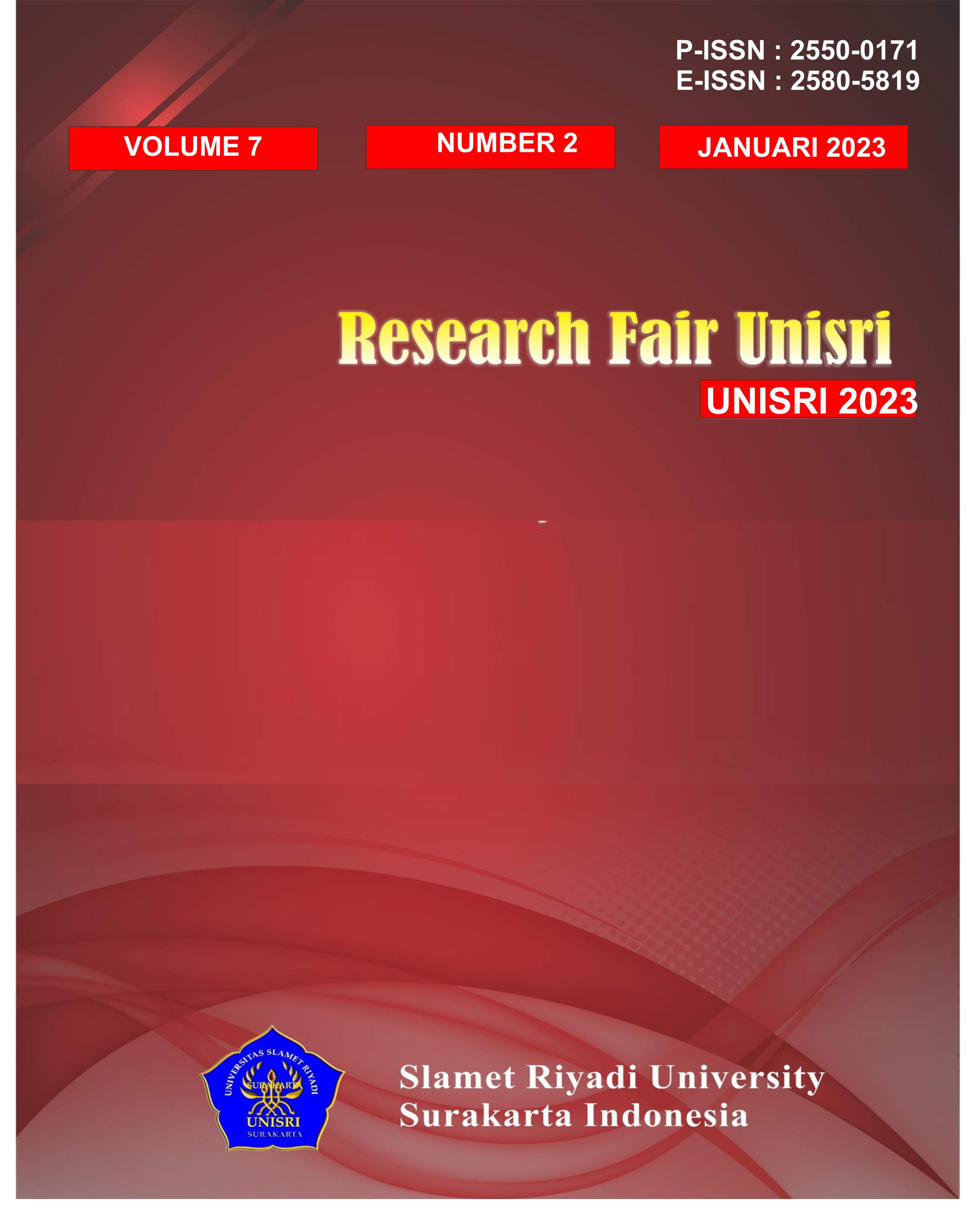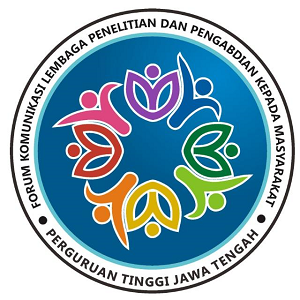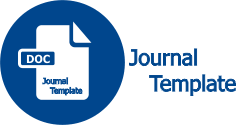PENGERTIAN SUMBER DAYA MANUSIA DAN PENGEMBANGAN MENURU 7 ORANG PAKAR
pengertian perubahan sumber daya manusia menurut 7 orang pakar
DOI:
https://doi.org/10.33061/rsfu.v8i1.10825Abstract
The aim of this research is to determine changes in human resources. The method used in this research is qualitative methods and literature review), desk study by collecting and analyzing secondary data from various sources. The research results show that technology has a positive impact on human resource development, such as increasing efficiency, effectiveness, productivity, efficiency, motivation, satisfaction, loyalty and commitment of human resources. In an effort to support better and better quality human resources, a company or organization needs to make changes to obtain quality human resources and be able to "compete in the era of globalization". Human resources are very important, with good human resources the company can develop better. Without human resources, things cannot run as expected, so it is necessary to hold good training to obtain good human resources and provide or facilitate training so that these human resources are trained. The use of technology in human resources (HR) is a strategy to improve the quality, skills and ability of HR to adapt to environmental changes and future challenges. Technology can be used to support human resource management processes such as recruitment, selection, training, evaluation and career development. Technology also helps create value for businesses through innovation, creativity and collaboration.
Downloads
Published
Issue
Section
License
- Hak publikasi atas semua materi informasi yang tercantum dalam situs jurnal ini dipegang oleh dewan redaksi/editor dengan sepengetahuan penulis. Pengelola Jurnal akan menjunjung tinggi hak moral penulis.
- Aspek legal formal terhadap akses setiap informasi dan artikel yang tercantum dalam situs jurnal ini mengacu pada ketentuan lisensi Creative Commons Atribusi-NonCommercial-No Derivative (CC BY-NC-ND), yang berarti bahwa hanya dengan izin penulis, informasi dan artikel Jurnal PKM dapat didistribusikan ke pihak lain dengan tanpa merubah bentuk aslinya untuk tujuan non-komersial.
- Setiap terbitan Jurnal PKM, baik cetak maupun elektronik, bersifat open access untuk tujuan pendidikan, penelitian, dan perpustakaan. Di luar tujuan tersebut, penerbit atau pengelola jurnal tidak bertanggung jawab atas terjadinya pelanggaran hak cipta yang dilakukan oleh pembaca atau pengakses.




















